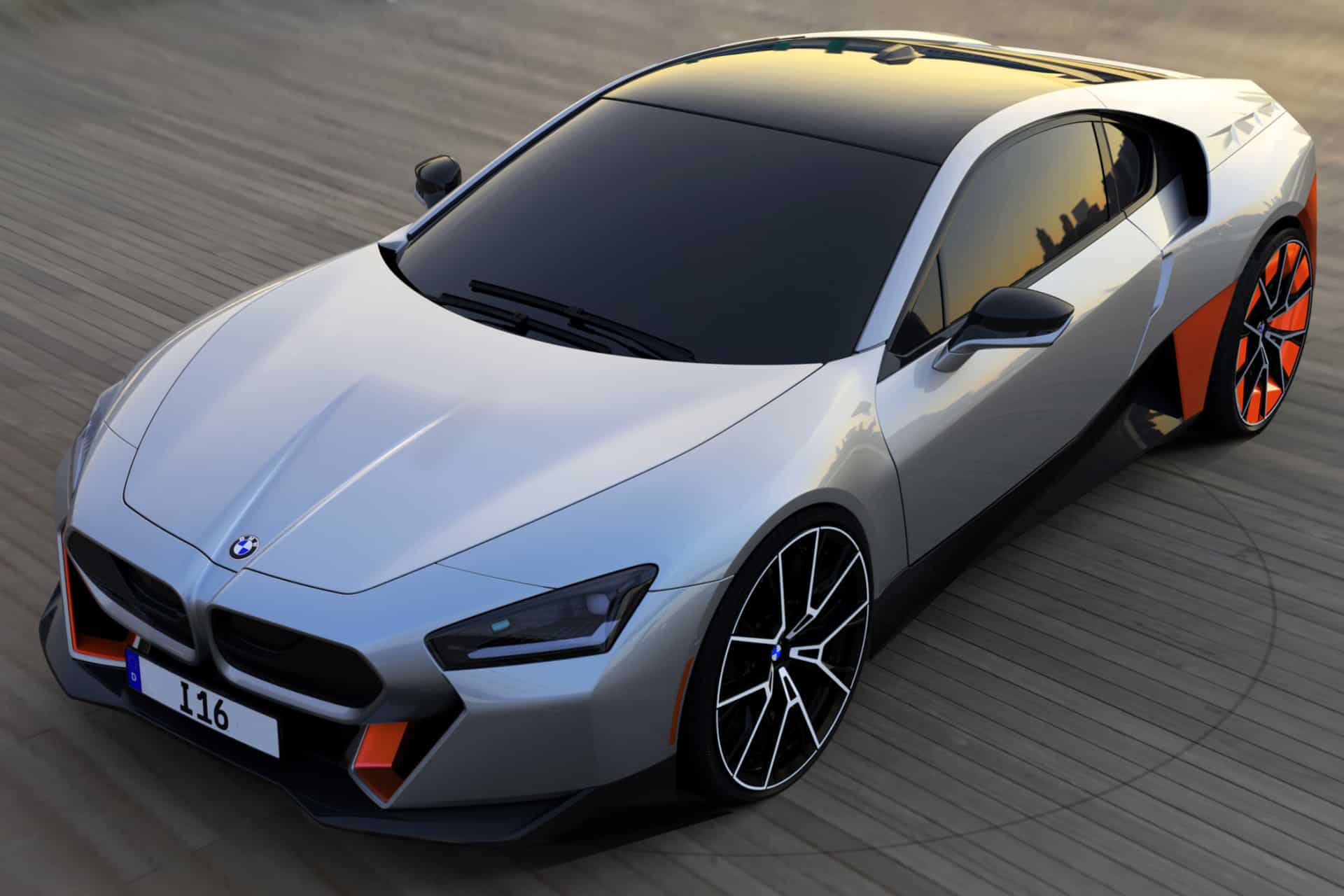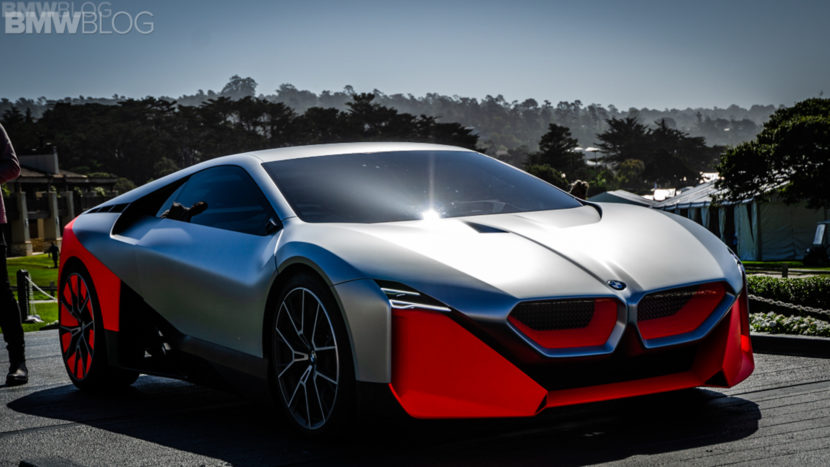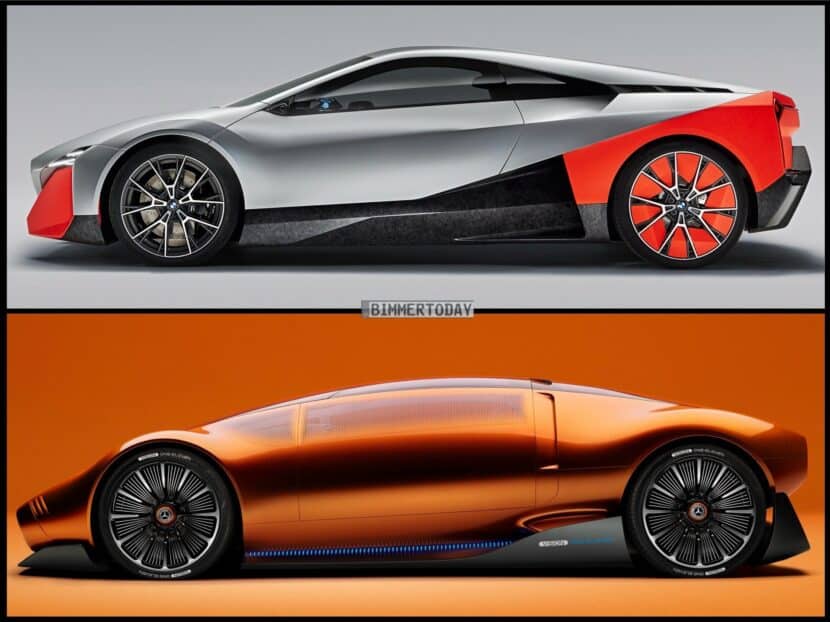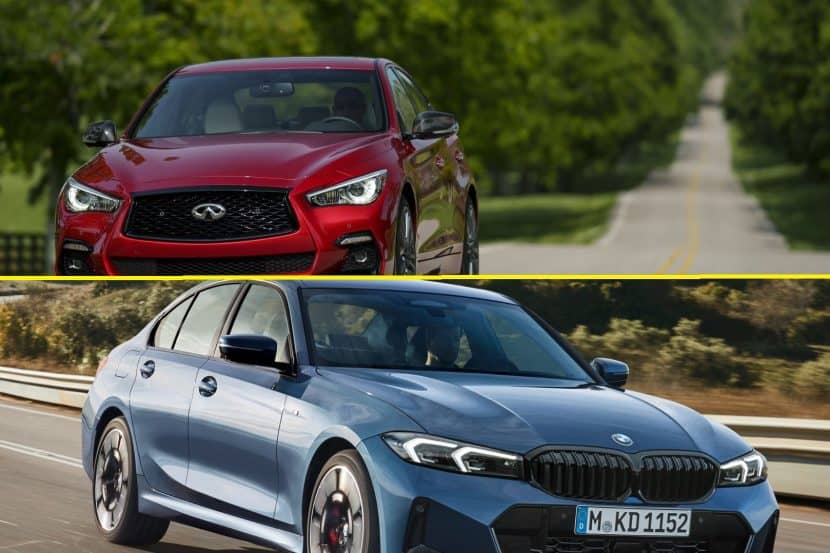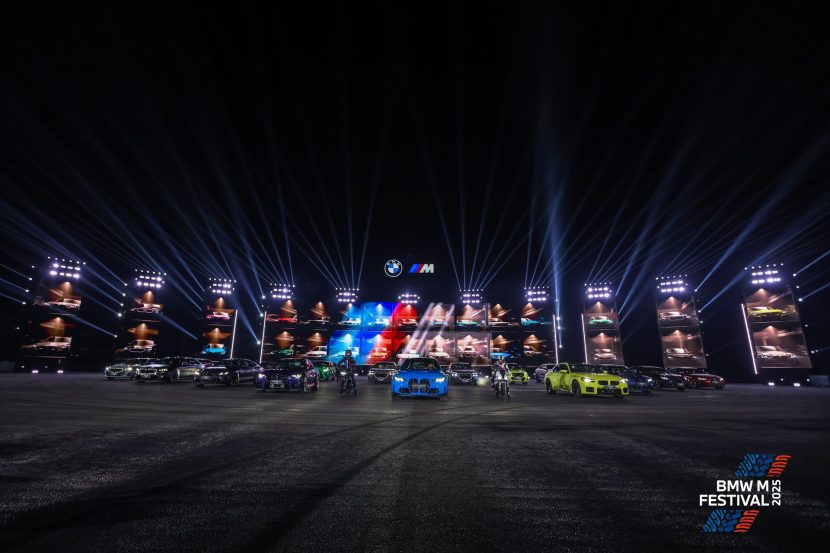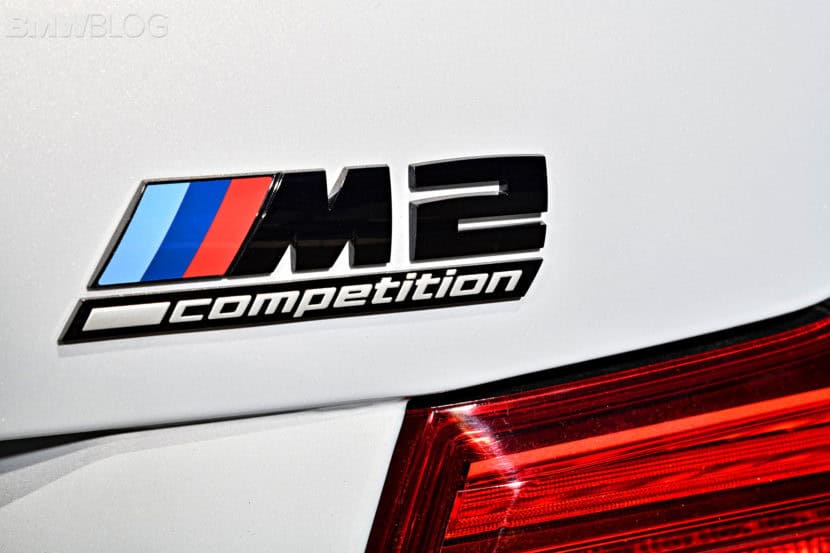Weeks ago, we broke the news about the buzz surrounding BMW’s I16 supercar project, also known as the BMW iM. Its starts after the unveiling of the BMW Vision M Next in 2019, which inspired BMW designers and engineers to plan a production series based on this concept. Intended as the successor to the BMW i8, the I16 was to utilize the same platform with several modifications. However, for reasons that vary depending on who you ask, we reported the project’s cancellation in 2020.
The I16 promised to be a worthy successor to the i8, blending modern and retro design elements. It planned to leverage the i8’s composite structure for accelerated development, avoiding the need to start from scratch. The concept featured a turbocharged four-cylinder engine paired with an electric motor, a step up from the i8’s three-cylinder unit. This plug-in hybrid electric vehicle (PHEV) setup was projected to deliver a combined output of 600 horsepower, directed through an all-wheel-drive system. At its premiere, BMW boasted a 0 to 62 mph acceleration in three seconds and a top speed of 186 mph, with a pure electric range of 62 miles.
Why I’m Glad BMW Didn’t Build It
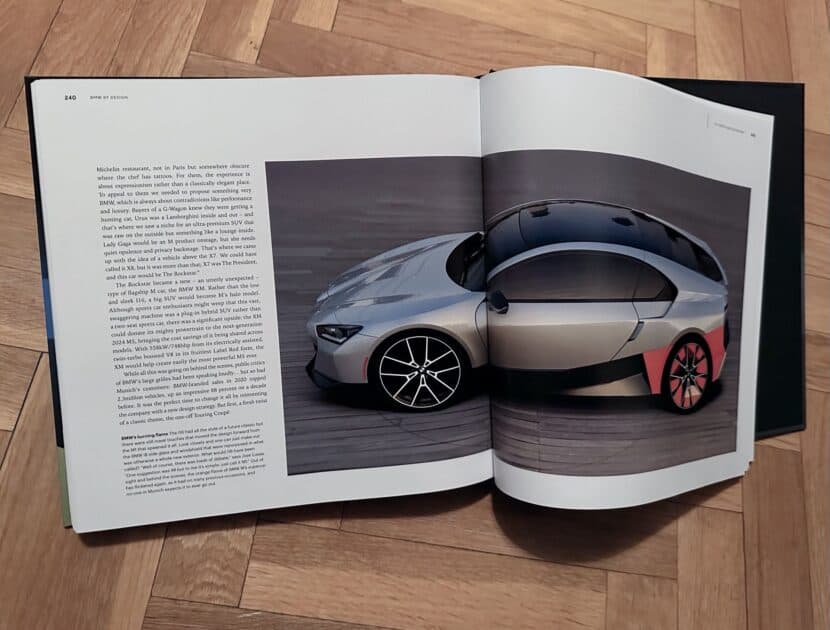
Despite these impressive specifications, it’s doubtful the BMW I16 (iM) would have surpassed the i8’s sales, which were modest at best – around 20,000 units globally. By the projected launch in 2022-2023, the supercar/hypercar market landscape had significantly changed. A car with genuine supercar aesthetics in 2024 would need either a high-powered, traditional V8, V10, V12 engine or an all-electric drivetrain exceeding 1,000 horsepower to succeed.
The I16 faced insurmountable challenges; its design couldn’t accommodate a larger engine or incorporate BMW’s new Neue Klasse drivetrain and technology, which was still under development. Thus, the vehicle risked becoming another compromise, much like its predecessor. While the i8 boasted a striking design and innovative technology for its time, its drivetrain lacked the excitement needed to attract supercar enthusiasts, appealing mostly to existing BMW customers looking for a novel addition.
The I16’s design, celebrated for its homage to BMW’s heritage and futuristic elements, might have offered a refreshing alternative amidst the brand’s recent controversial models. However, it wouldn’t have sufficed to redefine BMW’s image. Instead, the XM has become the halo car for BMW’s 50th-anniversary celebration, which is not ideal either. Of course, all of us would have preferred a proper BMW M supercar, especially on its special birthday.
Neue Klasse – A New Era Of Opportunities
Looking ahead, BMW’s Neue Klasse represents an opportunity to redefine its presence in the automotive sector, potentially competing with giants like Rimac, McLaren, Aston Martin, Porsche, and Mercedes-Benz AMG. And as far as we know, a special project is already in works, as hinted by Domagoj Dukec, Head of BMW Design, which would take adavantage of the NCAR technology and deliver at least 1,000 horsepower. The new design language also gives the brand the opportunity to design something fresh, unique that will stand the test of time and differentiate itself from the others with a new hypercar look.
Will BMW finally make it happen? Will the designers finally get their wish after at least 12 failed attempts in the last decades? Time will tell and very soon indeed. [Photos Provided by Steve Saxty, courtesy of BMW, in the new “BMW by Design” book series]


